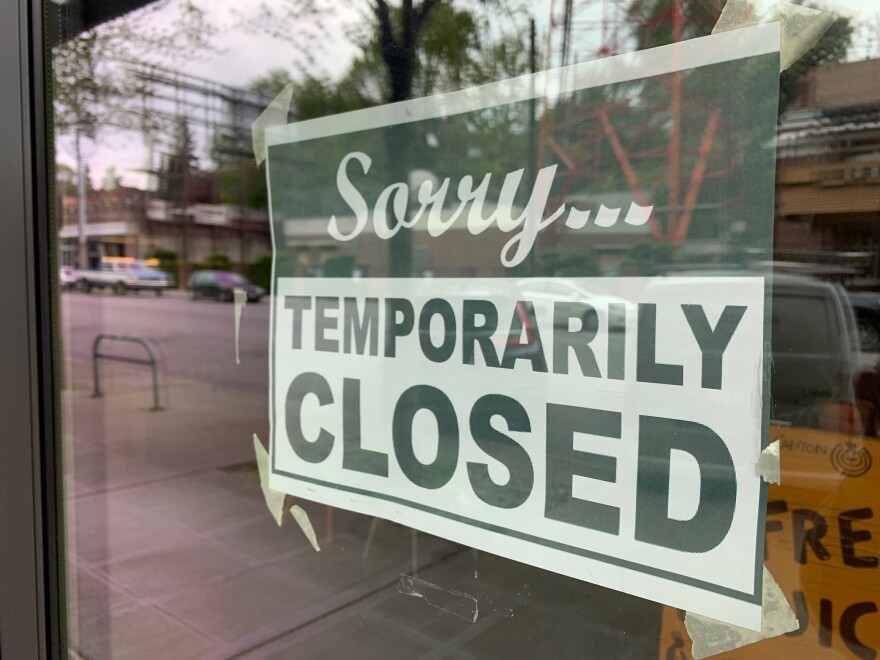From shuttered businesses to record unemployment, the economic effects of the coronavirus pandemic are all around us.
Businesses themselves — whether small neighborhood stores or huge global corporations — face tough decisions. And that got us wondering about ethics: Will the way businesses behave now, even if they’re closed or doing limited business, affect the decisions consumers make later?
For answers, we turned to Jeffery Smith, a management professor at the Albers School of Business and Economics at Seattle University. He also holds the Boeing Frank Shrontz Chair of Professional Ethics.
INTERVIEW HIGHLIGHTS
KNKX: Are consumers watching? Are they going to make decisions when this is over based on what they see businesses doing now? Or are they too busy worrying about their own situations?
SMITH: In the moment right now, we tend to be more insular. We’re concerned about our own friends and family and prospects for work. We might not be thinking as deliberately about the businesses we might interact with in a year. Amazon is a good example of a company that we probably will make mental note of when all this clears.
KNKX: Sick leave policies weren’t written with a global pandemic in mind. I wonder how much of this consumers might see as forgivable, when you look at decisions people might be having to make between surviving as an entity and doing what is the fine-and-upstanding thing for everybody who works for them?
SMITH: Sometimes when you’re thinking about ethically responsible business, it’s not so much just the outcome (such as) “do you retain your employees?” Outcomes matter in ethics, but equally as important when you’re thinking about ethical responsibility is the sort of manner in which decisions are made. Whatever configuration a given business might have to develop is one thing, and whether or not a business can even do that financially is another thing. I think what we expect is for businesses to be mindful, attentive, diligent — even though they’re in the pinch of this pandemic.
KNKX: As a consumer, what can I do if I don’t like the way companies handled this situation and they’re the only this-or-that in town?
SMITH: If we take seriously the governor’s executive order and we take seriously the CDC guidelines, it’s probably best if I simply walk to the nearest store … without exercising choice over which company on balance might be affording the greatest protection to its workers. That’s an understandable choice for any given individual. Ethics is really about balancing all sorts of competing concerns. It’s not as if you can always make a decision in a way that’s consistent with all your deeply held values.
That’s especially true in the marketplace. You can’t really rely upon individual actors — whether those be individuals, small businesses, large corporations — to be morally upstanding actors if you don’t already have a prior system in place. It’s really become apparent to me that this crisis has really sort of highlighted the importance of having a robust, some might say, welfare state in place to make sure you have all the background conditions necessary for individuals … to not only do the right thing, but also do socially beneficial things that may even not be required.







